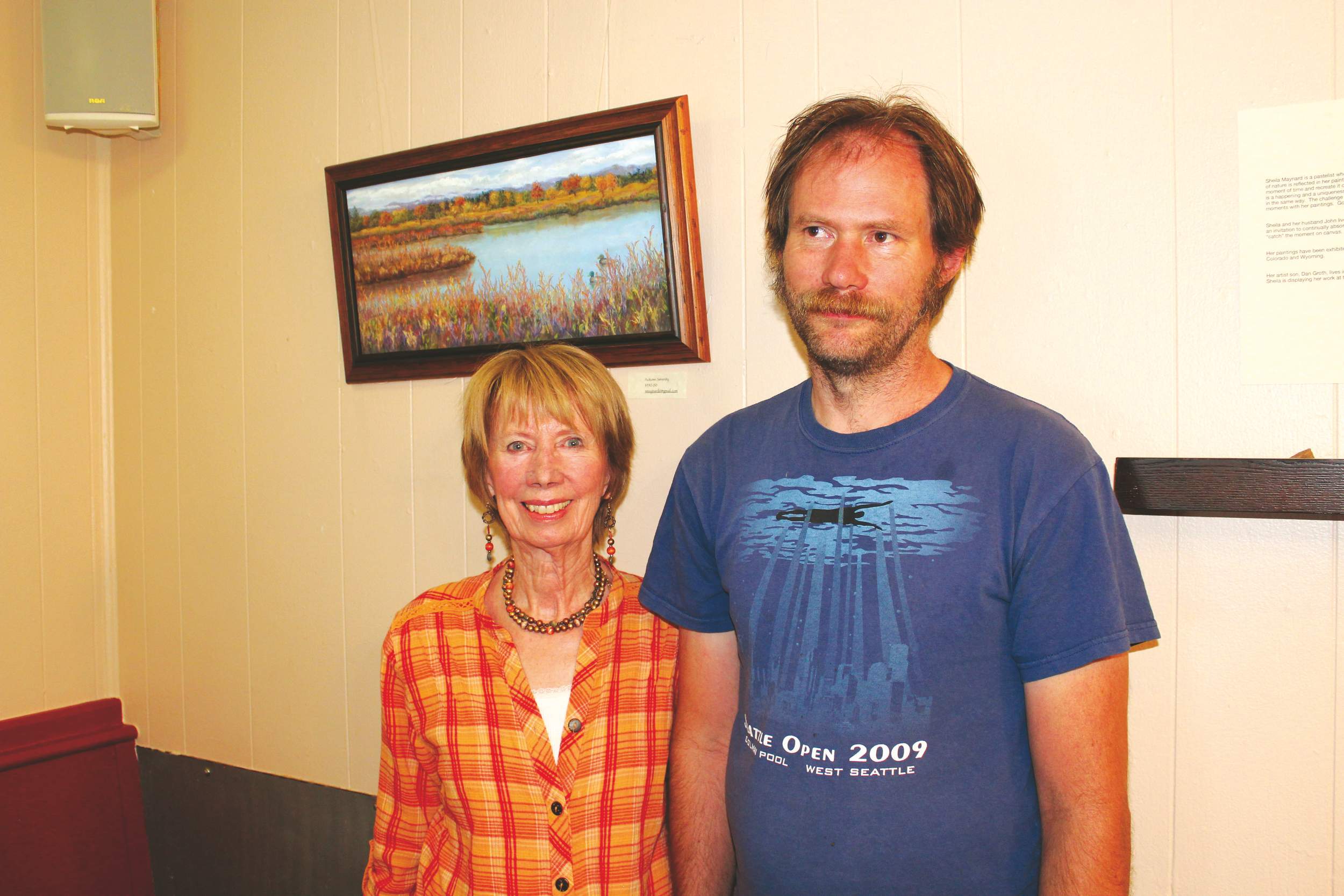Colorado’s new psychedelic regulations set the stage for a trippy future
On May 23, Colorado Governor Jared Polis signed SB23-290, also known as the Natural Medicine Regulation and Legalization bill, into law. This groundbreaking legislation establishes a regulatory framework for psychedelic substances, paving the way for a new era of exploration and healing. Sponsored by Senator Steven Fenberg and Representative Judy Amabile, the bill received approval in the Senate with House amendments and is scheduled to take effect on July 1.
The bill builds upon the previous year’s voter-approved legalization of psychedelics and focuses on implementing comprehensive regulations for the use of these substances within licensed healing centers. These centers will be supervised by trained facilitators, ensuring safe and responsible psychedelic experiences. However, as with any transformative legislation, the proposal has generated mixed reactions from advocates and stakeholders.
While the original ballot measure called for the development of comprehensive regulations through an advisory board, the bill was introduced and passed last month to establish immediate rules while the regulatory process continues. This swift action demonstrates Colorado’s commitment to providing accessible and regulated psychedelic therapy to its citizens.
The legislation encompasses a wide range of policies concerning “healing centers,” where individuals aged 21 and above will be eligible to receive psychedelic treatment. Additionally, the bill introduces stricter guidelines for cultivation and facilitators, implements licensing requirements, assigns regulatory responsibilities to state agencies, and outlines penalties for unauthorized activities. This comprehensive approach ensures the safety and efficacy of psychedelic therapy while setting clear boundaries for responsible use.
In a recent interview with the Colorado Times Recorder, Tasia Poinsatte, the director of the Healing Advocacy Fund of Colorado, highlighted the immense potential of the bill. She emphasized the urgent need for innovative approaches to address Colorado’s mental health crisis, particularly among high-risk groups such as veterans at risk of suicide. Poinsatte also pointed out the overwhelming support from Colorado voters for the passage of Prop 122, which recognized the importance of exploring new pathways to healing for individuals with mental health conditions.
Importantly, the law does not restrict personal possession of psychedelic substances, including DMT, mescaline, ibogaine, psilocybin, or psilocin. This progressive approach respects individuals’ rights while focusing on responsible administration within designated “healing centers.” Furthermore, the legislation allows for the potential inclusion of other substances in the future, as research and understanding in the field of psychedelic therapy continue to evolve.
Under the law, individuals under 21 who possess or consume a natural medicine product will face a fine of $100 or less and a maximum of four hours of substance use education or counseling. Repeat offenses will result in the same fine, education requirement, and an additional 24 hours of useful public service. These measures strike a balance between education and accountability, encouraging responsible behavior while acknowledging the developmental considerations for individuals under 21.
The bill also provides crucial consumer protections. It explicitly states that the use of natural medicine alone cannot be considered child abuse or neglect. Moreover, it ensures that using natural medicine does not lead to denial of health coverage, discrimination in organ donation eligibility, or disqualification for public assistance benefits. These provisions safeguard the rights and well-being of individuals seeking alternative healing methods.
To address ongoing concerns and provide expert guidance, the bill establishes a natural medicine advisory board. This board will tackle matters related to natural medicine and products, offering recommendations to relevant authorities. Additionally, the legislation mandates the creation of a division of natural medicine within the Department of Revenue. This division will regulate licensing and oversee various aspects such as cultivation, manufacturing, testing, storage, distribution, transport, transfer, and dispensation of natural medicine or products among licensees. These administrative measures ensure that the industry operates with transparency and accountability.
Last November, Colorado voters passed Proposition 122, known as the Natural Medicine Health Act, with an impressive majority of 52.64%, effectively decriminalizing psychedelics. This remarkable decision reflects the progressive mindset of Colorado voters and their willingness to explore new healing options, particularly for mental and behavioral health. Governor Polis, emphasizing the importance of validating the results, acted swiftly to implement the voter-approved measures, recognizing the urgency of addressing mental health challenges through innovative solutions.
While the bill has its merits, it is not without controversy. Some advocates express dissatisfaction, claiming that the legislation is too restrictive. It is important to acknowledge these concerns and strive for continuous dialogue and improvement. Sponsor Amabile herself recognizes that the bill may only partially satisfy some parties involved. However, this legislation represents a significant step forward in embracing the potential of psychedelic therapy and providing a legal framework to ensure its responsible implementation.
As Colorado blazes a trail in psychedelic regulation, the world watches with anticipation, eager to see the outcomes and learn from this groundbreaking experiment. With proper regulation and thoughtful implementation, the Natural Medicine Regulation and Legalization bill has the potential to revolutionize mental healthcare, offering hope and healing to individuals in need.













